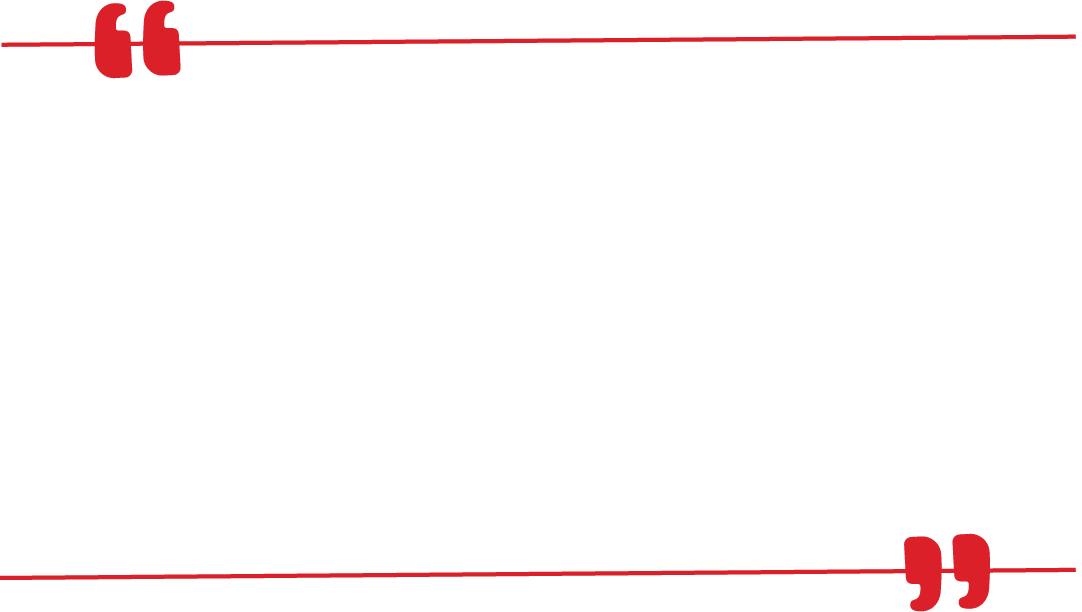Celebrating Our Diversity
Iowans champion education. Through this project, which focuses on Black Hawk County, Iowa, we acknowledge the state’s historical commitment to educational quality. We also urge Iowa educators to celebrate and capitalize on the rich diversity in our state and our classrooms.
The Iowa portraits above represent a few of the leaders, educators, and students in the Cedar Valley who will help guide our region and Iowa into the coming decades. We represent a sliver of Iowa’s educational diversity in Black Hawk County. Hover over each of our faces to find a short biography documenting our unique paths to Iowa, and summarizing our dreams, talents, distinctive qualities, and the teachers who changed our lives by treating us as special individuals.
Our various family stories are tied to opportunity and community. Like all Iowans who are not First Nation people, we are Iowa immigrants; some of our families arrived more than a century ago, others only recently. It’s this racial, ethnic, religious, and gender diversity, constantly changing and remixing each decade, that has made Iowa stronger, as each generation brings new traditions, enterprises, and perspectives to sustain the hundreds of communities between the Missouri and Mississippi Rivers. And yet, Iowa is too often defined and celebrated exclusively in terms of its White and rural cultural mainstream. (Ask yourself or someone else to envision what an Iowan looks like.)
Iowa Nice... for Everyone
When we reflected on what it means to be Iowan, the idea of “Iowa Nice” percolated through our answers – the notion that Iowans are unconditionally nonjudgmental and community-minded. Iowa is a good place. And yet, many of us featured here – who are not White or rural – have not experienced “Iowa Nice” in exactly the same way. To fully celebrate our diversity as our strength, we must also address inequality as our challenge. As we have been reminded by yet another tragic murder of an African American man by law enforcement in our nation, this is a challenge for the soul of our society in Black Hawk County, the state, and across the country. We find hope in the millions who have peacefully protested, here and around the world, and gather strength from their vision to live up to our democratic ideals.
We get enormous inspiration from Waterloo, Iowa native Nikole Hannah-Jones – a New York Times journalist, originator of the 1619 Project, and Pulitzer Prize winner. Her career as a critical commentator on race in America was shaped by her daily bus ride in the 1970s from the East Side of Waterloo to the West Side, where she attended school. She could not help but be struck by the inequality she observed riding from one end of town to the other.
Through this project, we’d like to challenge Cedar Valley/Black Hawk County residents, all Iowans, and Iowa educators specifically, to consider what Iowa Nice means to our Iowa community writ large. How can we ensure that Iowa Nice extends to all Iowans? How can we see all residents of Iowa – regardless of racial, ethnic, gender, or religious status – as embodying the kind, humble, determined spirit of Iowa Nice? The answer lies not only in understanding each of our personal histories, but also listening to each other’s dreams for the future.
Dr. Shuaib Meacham, Literacy Education, University of Northern Iowa
Dr. Bettina Fabos, Interactive Digital Studies, University of Northern Iowa













































